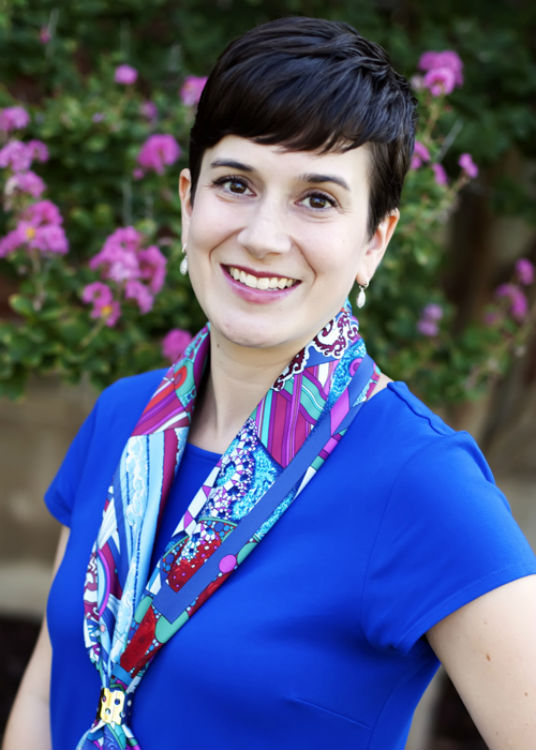Excellence in Undergraduate and Graduate Research Mentorship Awards
From Kent State University's Division of Research & Economic Development
Kent State University is pleased to announce the two winners of both the Excellence in Undergraduate Research Mentorship Award and Excellence in Graduate Research Mentorship Award. As part of the nomination process, each nominee received a student-submitted letters of nomination. Thank you to the graduate and undergraduate student committees that assisted in selecting the recipients of these prestigious awards.
Recipients of the Excellence in Graduate Research Mentorship Award:
Sara Bayramzadeh

Dr. Sara Bayramzadeh, Ph.D., M.Arch, joined Kent State University, as the Coordinator and Elliot Professor of the Healthcare Design program, in 2018. She is recognized for her research on psychiatric units and operating rooms designs. Her research on outpatient facilities design, psychiatric units design, and surgical environments has appeared in journals such as Health Environments Design & Research, Applied Ergonomics, and BMJ Quality & Safety. Sara has been a recipient of multiple national and international awards, such as 2016 Joel Polsky Academic Achievement Award from the American Society of Interior Designers for outstanding dissertation and 2018 Best Paper Award from Applied Ergonomics Journal. Her letter of nomination demonstrated that she is a "committed researcher and educator, seeking to ensure the future success of graduates from the program." Her nomination letter also showed that she "seeks to ensure that students have a fruitful internship experience with healthcare design firms and healthcare providers."
Clarissa A. Thompson

Dr. Clarissa A. Thompson, Ph.D., conducts research in the KSU Cognitive Development Lab focusing on shifts in children's numerical representations with increasing age and experience, circumstances under which transfer of numerical knowledge is facilitated or inhibited, children's use of "buggy" estimation strategies, how children draw analogies between numerical contexts to help them solve problems, the costs and benefits of representational change, and the impact that numerical representations have on the types of numbers children are able to remember. Her letter of nomination demonstrated that "anyone who works with Clarissa will attest that they feel motivated to work as hard as she does." Her letter of nomination also showed that she "does more than just set a clear example with her own success and work ethic; she trains her mentees to become successful, independent researchers in our field."

